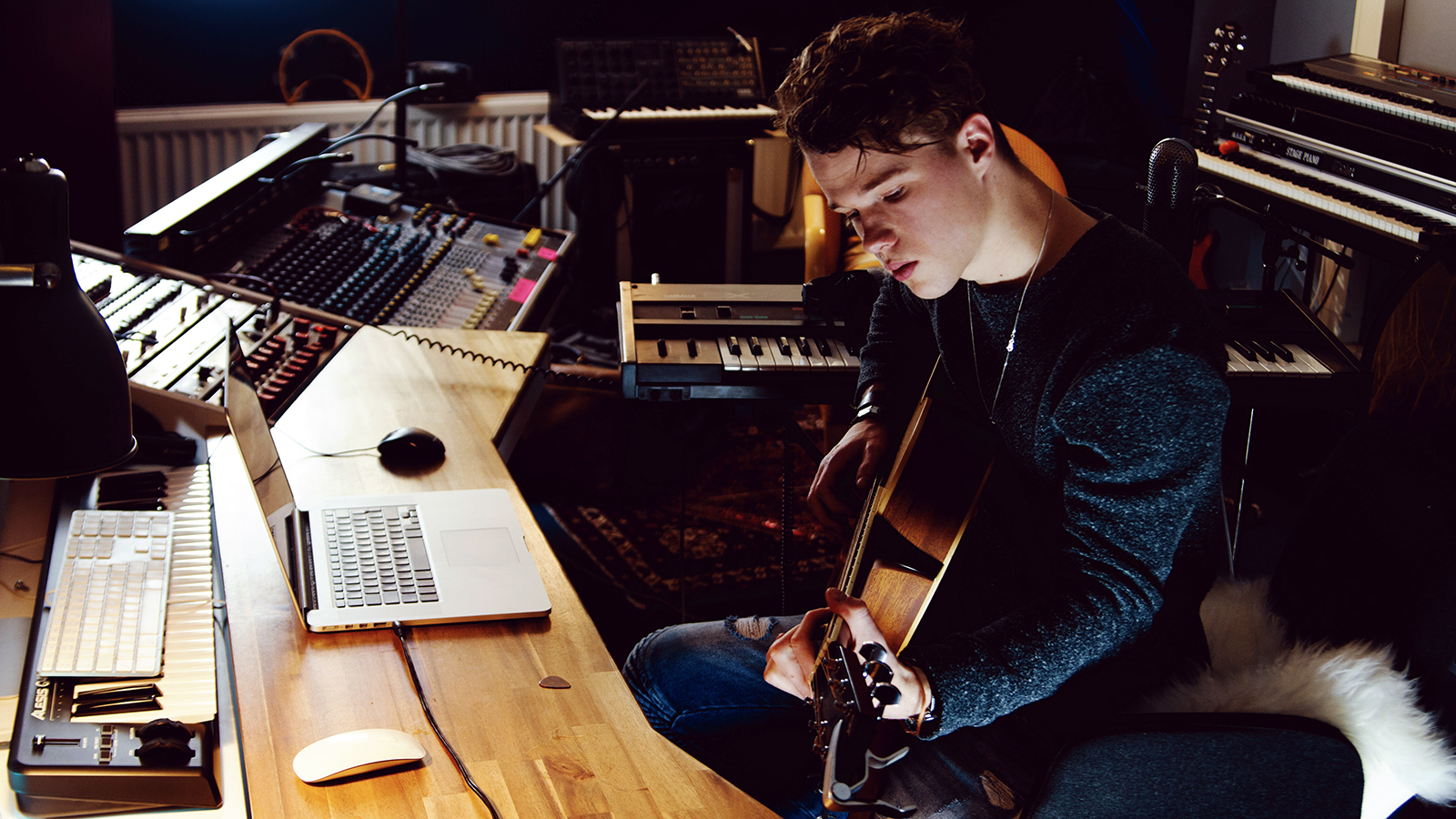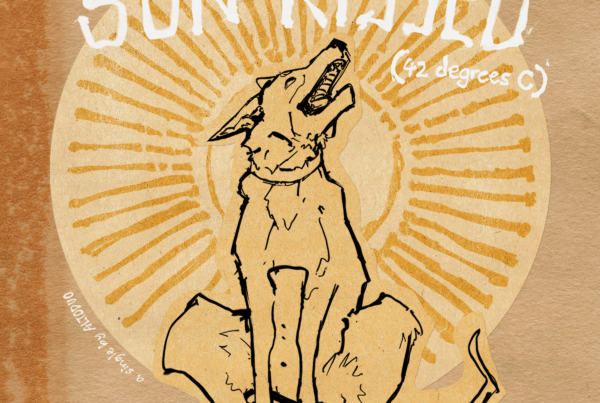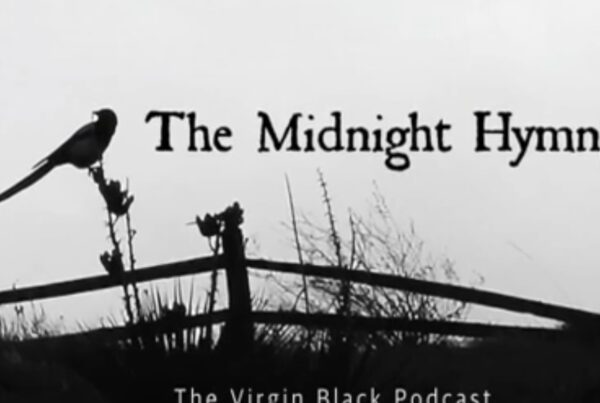Many musicians today avoid music publishing either because of bad stories they’ve heard, getting advice from those who know little to nothing about it, or simply because it can be a little complex at times.
Sure, music publishing can get complicated, but don’t go and ask the next guy who’s just making things up as they go, or pretends to know it all from reading something, somewhere.
In this article, we look at 7 myths and conspiracies out there regarding music publishing and songwriting royalties, and try to point your understanding in the right direction.
Myth No.1: Music Publishing is only for the Professionals
Professional songwriters use a music publisher for a reason. They understand the need!
It may be true that more professional songwriters benefit from having a music publisher at some level, however, even they had to start somewhere.
Every songwriter, whether just starting out, emerging in the market or more seasoned, needs a music publisher if they want to protect their copyrights, collect all available royalties possible, and create additional opportunities to earn revenue from their works.
There are different levels of music publishing to be understood. However, if you’re just starting out, then start looking into the basic levels of music publishing as offered by someone like Dark Escapes Publishing, and get your career moving in the right direction now.
Myth No.2: I have to record my song & mail it to myself to own the copyright
I am sure there are many professionals who have a good laugh at this, but seriously, you don’t have to go to such lengths. While in some cases it might be worth filing a formal copyright request, this is mostly a practice done in the USA.
Internationally, your works are deemed yours when you have finished writing a musical works that can be produced in a fixed tangible form that can then be reproduced.
This could be the case of recording a demo, writing it down (for lyrics) or writing the melodies on paper, electronically, etc. There are different ways this can be done, but the most important thing is to have the works documented with a name and date. Once this is done, you OWN the copyright.
If you are collaborating/writing with others, including band members where there will be splits involved, then you should also understand how that works. You can read more about that here.
Myth No.3: I’m with a PRO/Collection Society – What more do I need?
Registering with a Performance Rights Organisation (PRO) or a Collective Management Organisation (CMO) is a mandatory starting point but not the end of the process. If you don’t follow through with music publishing, you will ultimately miss out on more royalties that belong to you.
Collection societies account for around 30% to 40% of publishing royalties collected. In addition to that, these collection organisations don’t always collect mechanical royalties, whether from physical sales or digital streaming and downloads, which is concerning. Because mechanical royalties are a significant chunk of songwriting royalties these days.
Further to all of that, even the biggest PROs around the world are not collecting from every territory, which leads to another area where specific royalties are missed. While they will talk about reciprocal deals with the majority of other territories, they certainly won’t be collecting your mechanical royalties outside of your country of origin.
So, Yes, it’s vital that you do register with your local PRO, however, it would be a waste of time if you are serious about what you are doing, and just stop there.
Myth No.4: I need to sell millions before I get any Publishing Royalties
Whether you are selling physical products like vinyl or the old CD, or relying on digital streams and downloads, every song earns publishing royalties that you should be collecting. Your overall revenue is going to be split between royalties paid on use of the Master (your recording) and the Composition (songwriting), however, there are still a bunch of royalties coming through for different reasons.
The biggest contributor here is Mechanical Royalties, which are generated from the replication of your song. If your song is used on radio, a CD, vinyl, music video, download or stream, to name just a few, then it will generate a mechanical royalty.
There is no denying that the more your song is used, the more you’ll get paid. However, there is a starting point for everything and your song probably has the opportunity to collect more than you thought.
Myth No.5: Music Publishing deals are nothing more than bank loans
In the past, many music publishers offered deals with an ‘Advance & Recoup’ clause where they would advance an amount of money to an artist to write songs, but then expect to recoup that money either in the sale of the song, or royalties collected.
While some music publishers still operate in this way today, and they have their reasons, songwriters can now explore very different opportunities. For example, there are now Admin Publishers like Dark Escapes Publishing, who don’t execute ‘Advance & Recoup’ clauses, allow songwriters to retain their rights, and simply help them to get registered and collect their royalties.
If you don’t have publishing support these days, you are missing out on money owed to you, which is likely going to someone else instead. Perhaps it’s time you explored this further.
Myth No.6: I have to have a Co-Publishing deal to begin with
A co-publishing deal is one where a songwriter will share ownership of a song with their publisher. It’s still a common practice today, although many major entities tend to use 360 deals, while others settle for the more simple Admin Publishing option.
Today, songwriters have more choice and shouldn’t be locked into a deal that’s not in their best interest. Either way, if you are a songwriter whose songs are being used, you really need to have publishing representation in order to collect your full amount of royalties available to you.
Myth No.7: I will lose my ownership rights & creative control
This depends on the type of deal you have entered into. These days, there are publishing deals offered where a songwriter gets to keep their full rights. On the other hand, if, as a songwriter, you are being paid to write songs in a ‘Work For Hire’ scenario, then it is highly likely that the rights to those songs will not belong to you anyway.
In all cases, it’s always important to seek proper advice, especially legal advice if you are a serious songwriter. Make sure you understand any agreement you consider, and decide whether you want to retain your rights, or sell them to someone else.
At Dark Escapes Publishing, we offer a simple Admin Publishing deal where songwriters keep their rights 100%. We help songwriters to get registered internationally, and ensure their songs are also entered correctly into an international system where their royalties can be collected from all territories.
If you are a songwriter, and your songs are out there somehow, then you need a music publisher if you want to collect everything that is owed to you. Contact us when you are ready to take this step.




